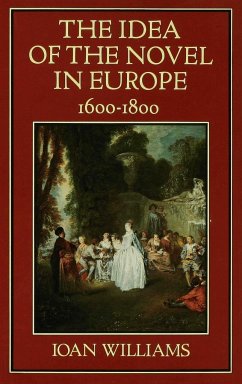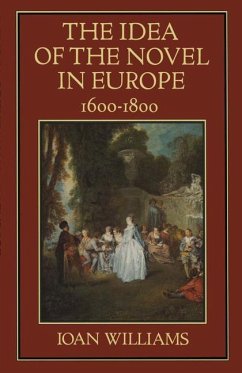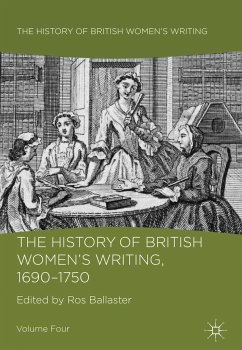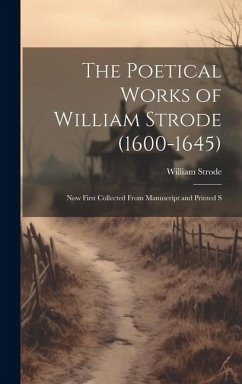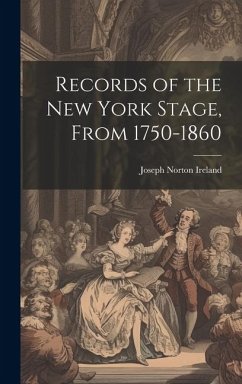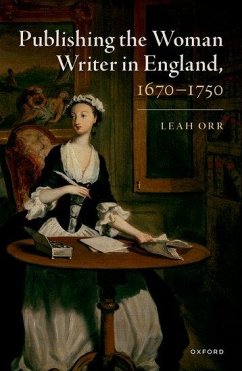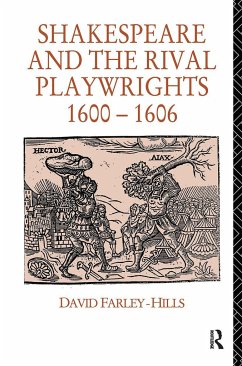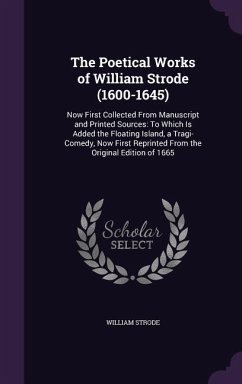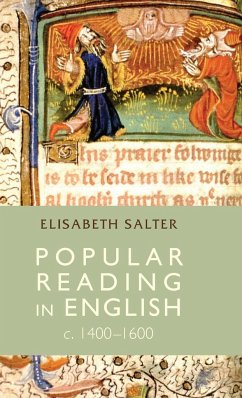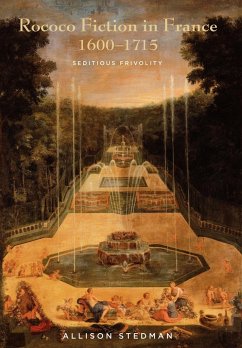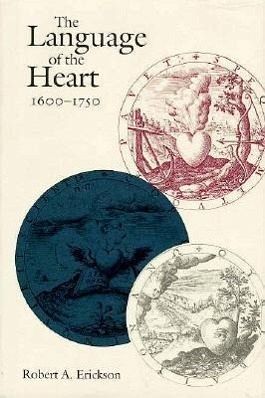
The Language of the Heart, 1600-1750
Versandkostenfrei!
Versandfertig in über 4 Wochen
64,99 €
inkl. MwSt.

PAYBACK Punkte
32 °P sammeln!
In The Language of the Heart, the first full-scale study of the depictions of the human heart in the seventeenth and eighteenth centuries, Robert Erickson contends that the making of the modern world coincided with the reconfiguration of gender and reveals how changes in the representation of the heart both reflected and helped produce this shift. In The Motion of the Heart and Blood (1653), William Harvey had set forth the scientific model of a phallic, generative organ pumping blood through a feminized body; in Paradise Lost, it is through the protracted rape and violation of Eve's heart tha...
In The Language of the Heart, the first full-scale study of the depictions of the human heart in the seventeenth and eighteenth centuries, Robert Erickson contends that the making of the modern world coincided with the reconfiguration of gender and reveals how changes in the representation of the heart both reflected and helped produce this shift. In The Motion of the Heart and Blood (1653), William Harvey had set forth the scientific model of a phallic, generative organ pumping blood through a feminized body; in Paradise Lost, it is through the protracted rape and violation of Eve's heart that the Fall of Man occurs; nearly a century later Samuel Richardson's Clarissa would present a no less forceful feminist and heroic narrative of the heart's power. Examining these and other - mostly English - literary, medical, religious, and philosophical texts, Erickson uncovers two ruling clusters of metaphors: one associating the heart with language, writing, and thought, the other with sex, passion, and gender. Charting the tension between the two, he offers a brilliant new reading of one of the central symbols in Western culture. The Language of the Heart presents a study of images that is less concerned with the tally of external figures of nature than with the construction of human physiology - and human nature itself. It is at once a work of rigorous historicist examination and a book of immense relevance to modern readers living in a new "cardiocentric" age.



